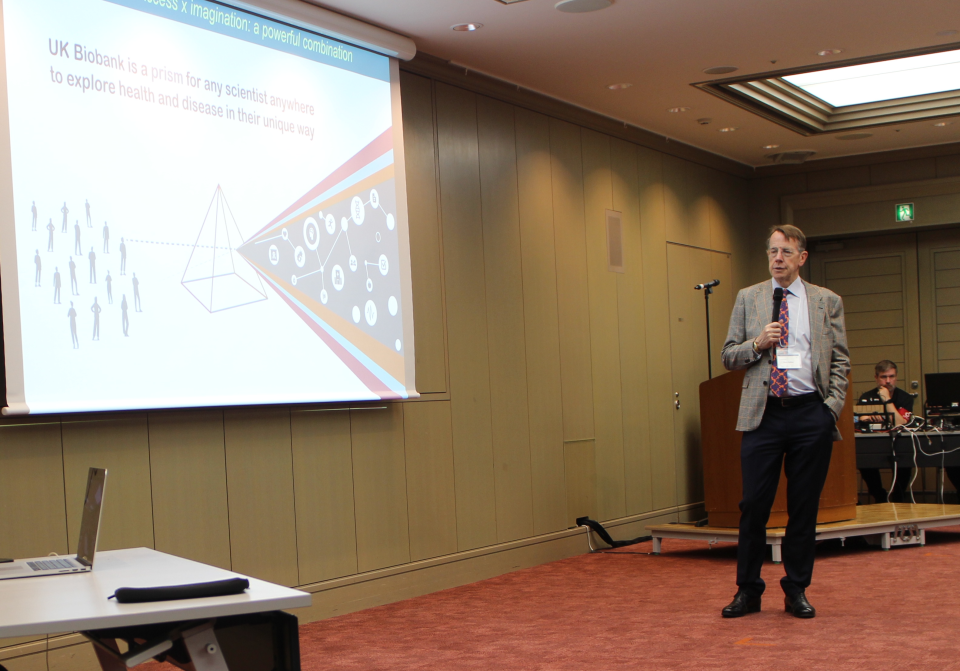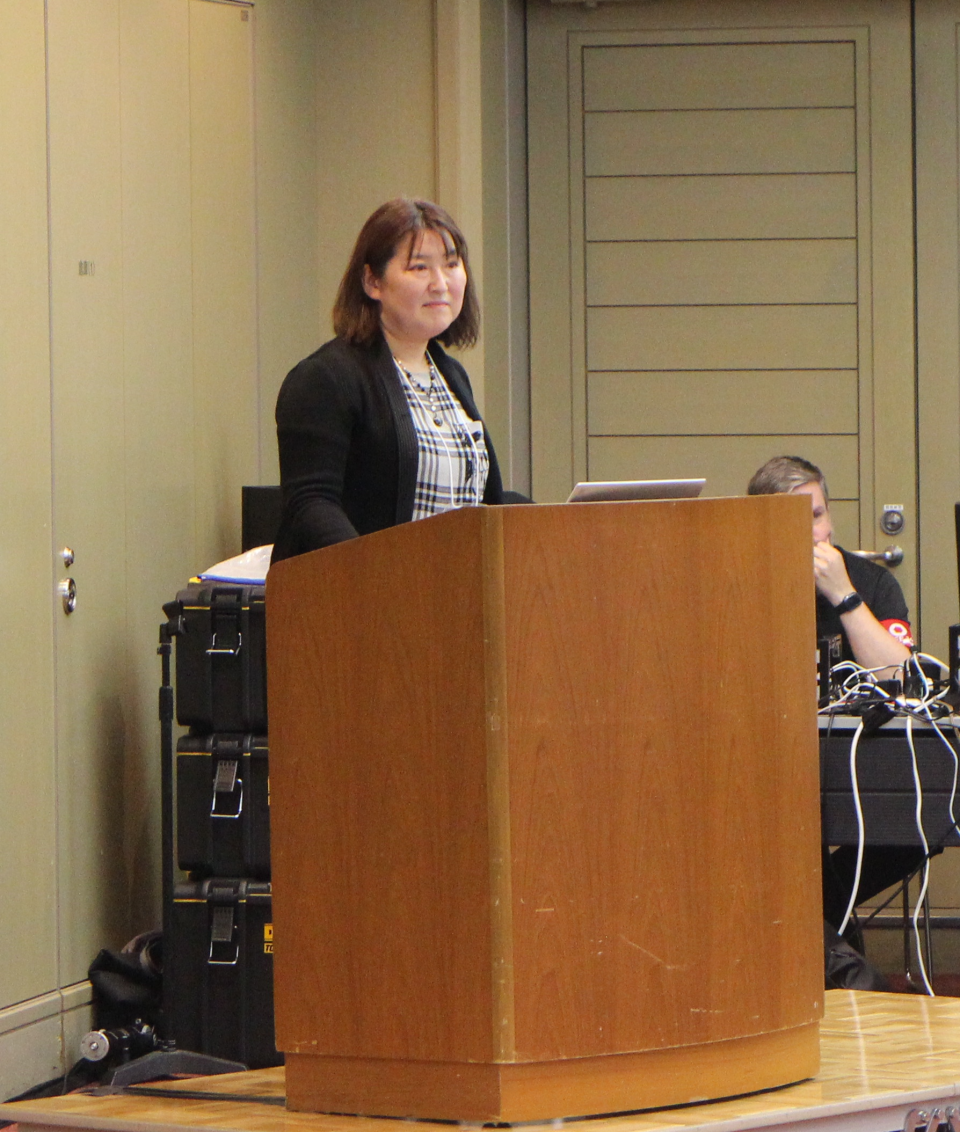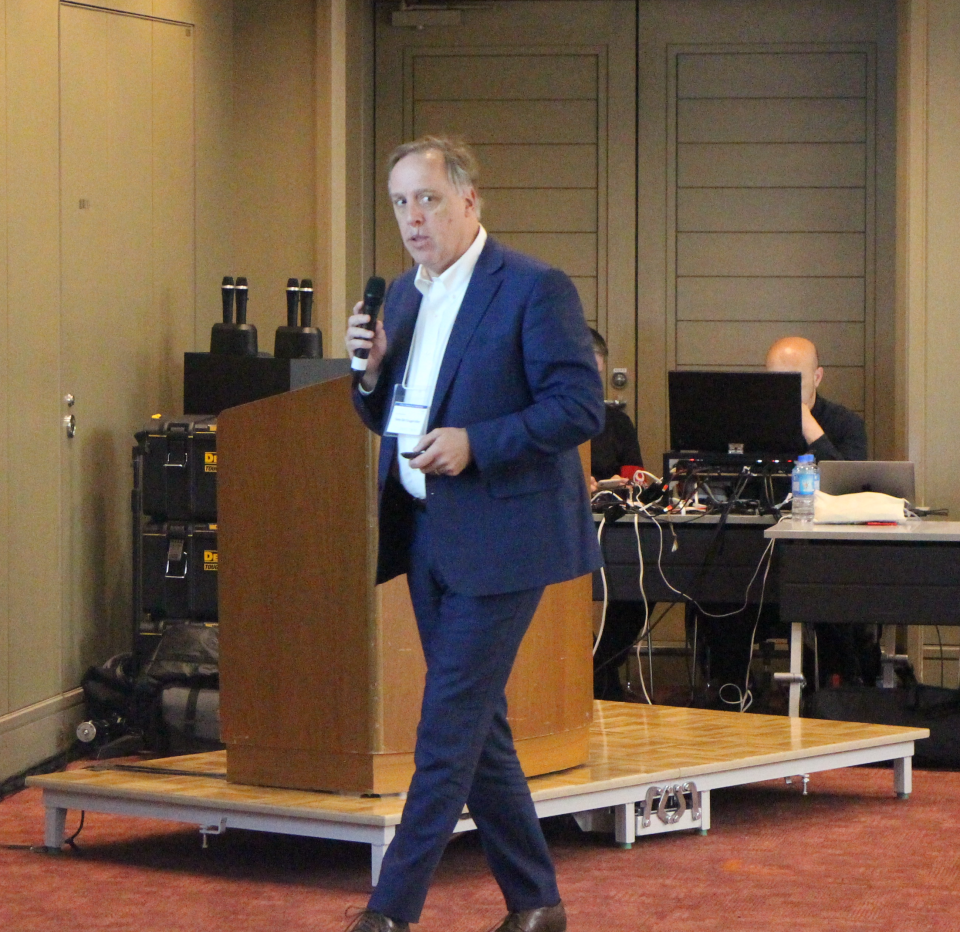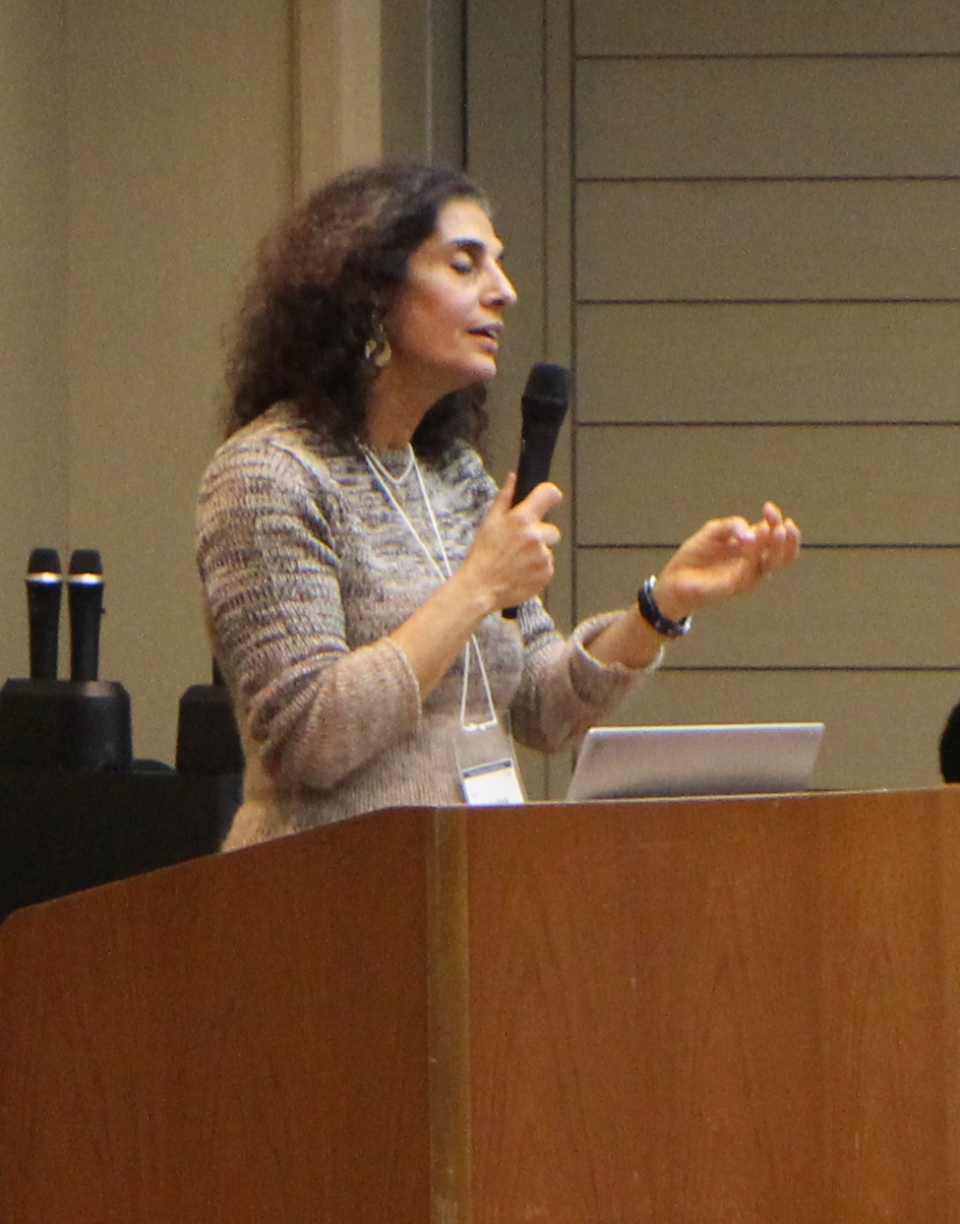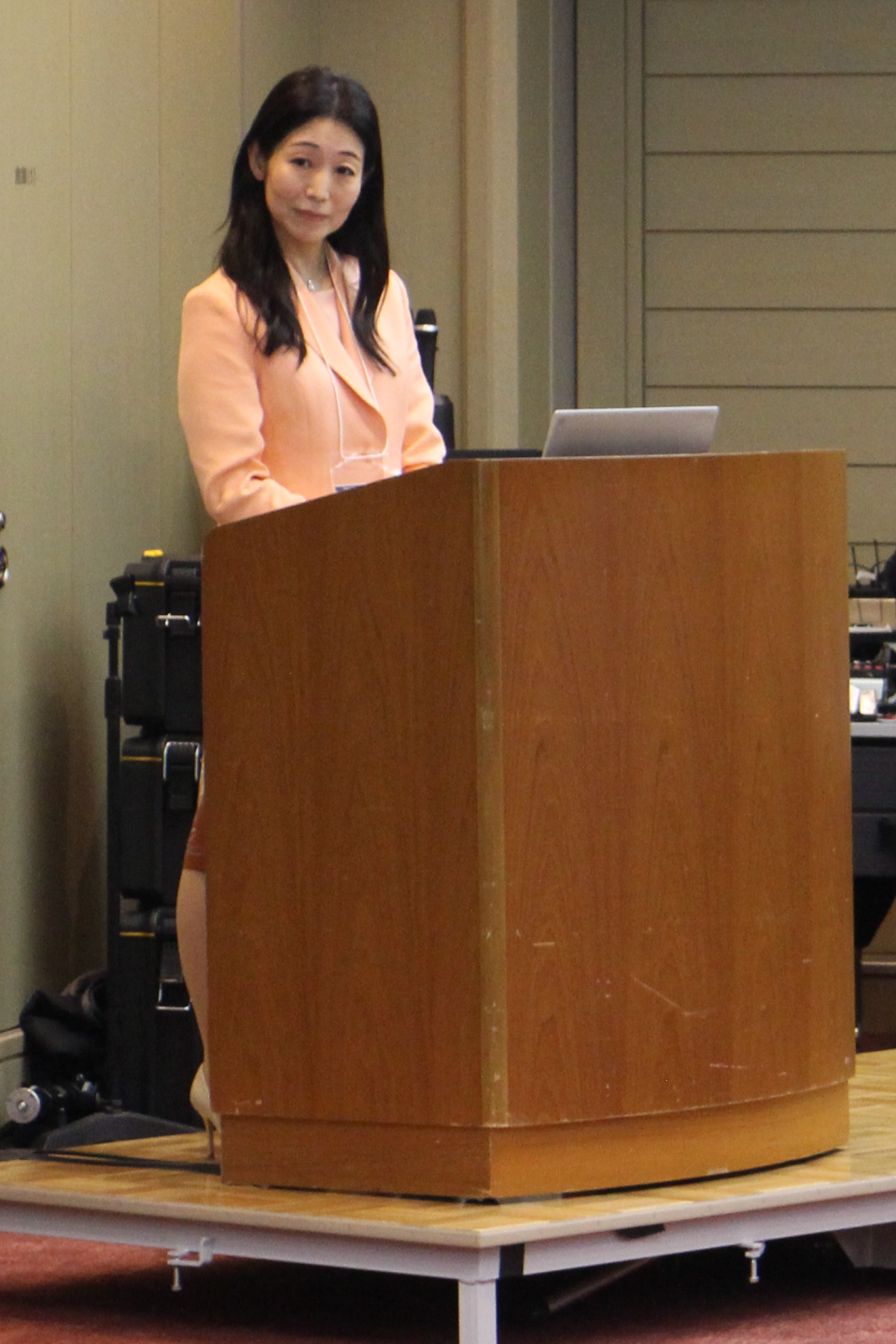Insights from the Tokyo Symposium: Bridging Science and Collaboration
“If you have an apple and I have an apple and we exchange these apples then you and I will still each have one apple. But if you have an idea and I have an idea and we exchange these ideas, then each of us will have two ideas.” George Bernard Shaw (Irish playwright)
George Bernard Shaw's profound words encapsulated the spirit of the Tokyo Symposium and Workshop on Genomic Medicine, Therapeutics and Health (April 2024), an event that served as a nexus for global scientific exchange and collaboration. It was organized in partnership by the RIKEN Center for Integrated Medical Sciences, the Victor Phillip Dahdaleh Institute of Genomic Medicine at McGill University, the Institut Pasteur Japan, the University of Kyoto, and UK Biobank. Notably, Dr Mark Lathrop, Scientific Director for both McGill's Victor Philip Dahdaleh Institute of Genomic Medicine and D2R, played a leading role in organizing the event.
The event comprised of a 3-day symposium followed by a 3-day workshop. The symposium hosted scientific session and facilitated networking opportunities among leading groups working on health research data with industry and biotech leaders. The symposium delved into discussions and teachings about the UK Biobank, the world's leading health research database and other issues related to genomic medicine and its applications, while the workshop focused on practical aspects of the methodology to access, analyse and interpret large biobank datasets.
The event brought together researchers, industry experts, professors and students worldwide. Notable attendees at the symposium included a member of the Japanese cabinet office, leaders from Japanese funding agencies and research organizations, the President of Kyoto University, representatives from Tokyo University, and representatives from the Canadian, UK, and French Embassies, and the Quebec delegation to Tokyo. Participants also hailed from other countries, including Cambodia, China, Korea, Taiwan, Nouvelle-Calédonie, Thailand, and the US. This multinational presence enriched discussions and broadened perspectives on the global implications on genomic research.
Key presentations highlighted pivotal initiatives like the UK Biobank, emphasizing the importance of international data sharing for genomics in health. Speakers from the Institut Pasteur’s international network underscored the vital role of global collaboration in addressing healthcare challenges on a worldwide scale. The symposium also included sessions on the legal, social, and policy frameworks surrounding genomic research, reflecting a comprehensive approach to navigating ethical landscapes. In envisioning the future of healthcare, IBM presented the transformative potential of AI and quantum computing in the computing sector for health. Dr. Mark Lathrop emphasized the importance of these discussions, stating, “The discussions we are now having with the leadership of IBM Japan to support these areas is important, given the importance of AI and quantum computing for Canada and Quebec.”
Dr Guillaume Bourque, Professor in Human Genetics at McGill and a recent recipient of a $15 million CIHR award to create a first-of-its-kind genome library, was among the attendees at the event. He emphasized the value of in-person symposiums, stating “in-person symposiums are irreplaceable to share ideas and start new collaborations. We all work on similar things but with a unique perspective.”
For student attendees, the symposium was a unique opportunity for academic enrichment and exposure to new methodologies and datasets. McGill PhD student, Susannah Selber-Hnatiw, whose research centers on multi-omic approaches to biomarker discovery found the presentations on biobanks invaluable. Reflecting on her experience, Susannah remarked, "There's a lot of imaging data that's available through the UK Biobank - so being shown where it is, how to use it and what kind of conclusions you can draw, it's really valuable for my project on Alzheimer’s disease and I think I will be using some of the brain MRI imaging that they have available because it would really complement some of the research questions I'm trying to answer.”
For Nhi Nguyen, a student in the McGill-Kyoto Joint PhD program whose research focuses on studying transposable elements epigenetics and polymorphism using the pangenome as a new reference genome, found discussions on biobanks pertinent her studies, especially regarding ethical considerations and participant rights and benefits. Nhi mentioned, "These are some very interesting and practical aspects that I can relate to my study in terms of ethic since I’m planning to use one of these databases in the future.”
Similarly, Liyang Shi, also in the McGill-Kyoto joint program, whose research focuses on epigenetics and regulatory genomics in cancer, also emphasized that these discussions around data privacy protection were insightful, “In respect to biobank data collection, data accessibility, variety of the data, and privacy protection under the law of host country, the symposium addressed both challenges and advancements from perspectives of UK, Japan, and Quebec, fostering meaningful discussions.”
For Yuxin Zhou, another student in the joint program who is delving into how telomere is inherited from parent to child, the symposium offered an opportunity to explore new genome sequencing datasets and methodologies that could enhance her research. Yuxin said: “Now I know what are the existing data and I can see how I could apply my method to those data.”
McGill's participation in the event showcased the university's research, scientists and trainees as well as sought to strengthen its international partnerships and collaborations. Dr. Guillaume Bourque stressed the indispensable nature of such collaborative efforts, stating, “It’s impossible to do the kind of interdisciplinary work that D2R aims to do in isolation. That’s why partnerships are important, including with industry. When choosing partners, it’s great to be able to choose the best from anywhere in the world.” Dr. Mark Lathrop further underscored the symposium's success in facilitating partnerships, noting, “We have quite a few new collaborations in discussion now, some involving partnerships not just with academic groups but also with Japanese companies.”
As the field of RNA and genomics continues to evolve, initiatives like D2R stand to benefit from the insights and advancements discussed at events like the Tokyo Symposium. By bringing together researchers from diverse backgrounds and disciplines, the symposium has laid the groundwork for future breakthroughs that will impact healthcare and beyond.
For more information about the Tokyo Symposium, please visit: https://www.tokyo-symposium.com/
For more information about the McGill-Kyoto joint degree program, please visit: https://www.kyoto-mcgill.org/
Published May 9, 2024.
Link to article: https://www.mcgill.ca/dna-to-rna/article/insights-tokyo-symposium-bridging-science-and-collaboration
